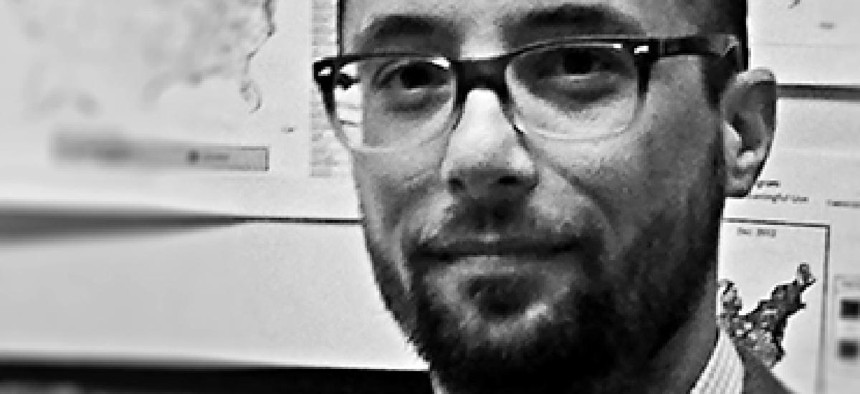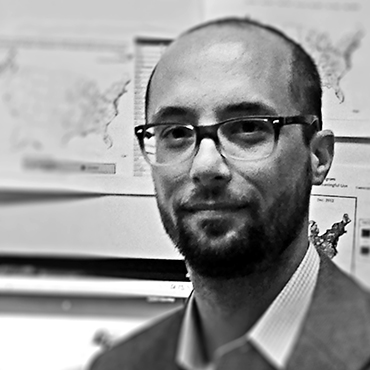Victor T. Lazzaro: Putting health data to work

Lazzaro's efforts have helped policymakers, the medical community and businesses understand how medical offices nationwide are implementing new technology.

As the government accelerates the shift to electronic health records (EHRs), data is a valuable byproduct of that effort. Victor Lazzaro's job as chief of performance and data analytics at the Department of Health and Human Services' Office of the National Coordinator for Health IT involves finding ways to present and visualize data about the adoption of EHRs for the Health IT Dashboard.
His work has helped policymakers, the medical community and businesses understand how medical offices nationwide are implementing new technology.
"Industry is paying attention to us, and they're accessing our data because there is opportunity here," Lazzaro said.
His office tracks data on more than 400,000 medical providers nationwide. The dashboard presents information on trends in EHR adoption by region, medical specialty, demographics and more, but the data is anonymized to protect patients' privacy.
"I believe that the credibility of the data scientist identity is in understanding nuance in each stage of the production process, from idea generation to procurement [and] all the way through analysis and visualization," Lazzaro said.
Government officials hope that by tracking information in the emerging EHR market, some common standards will emerge that will allow the health care industry to adopt efficient, interoperable systems that can securely share patient records. Efficient records management could help reduce costs by preventing duplicate procedures or examinations and could help guard against negative outcomes such as dangerous drug interactions.
Lazzaro joined HHS in 2004 as a Presidential Management Fellow. Since then, he has had a number of jobs at the sprawling agency, including a stint at the Office of Inspector General. As part of the department's response to Hurricane Katrina, he helped establish a family call center to locate missing people, worked on a system to direct pledges of support to nonprofit organizations and contributed to the after-action report on the department's overall response to the disaster.
He said it is an exciting time to be working at HHS, especially given ONC's responsibility for implementing policy and monitoring the progress of $2 billion in grants to build a secure health IT infrastructure.
NEXT STORY: Obama fails transparency promises



